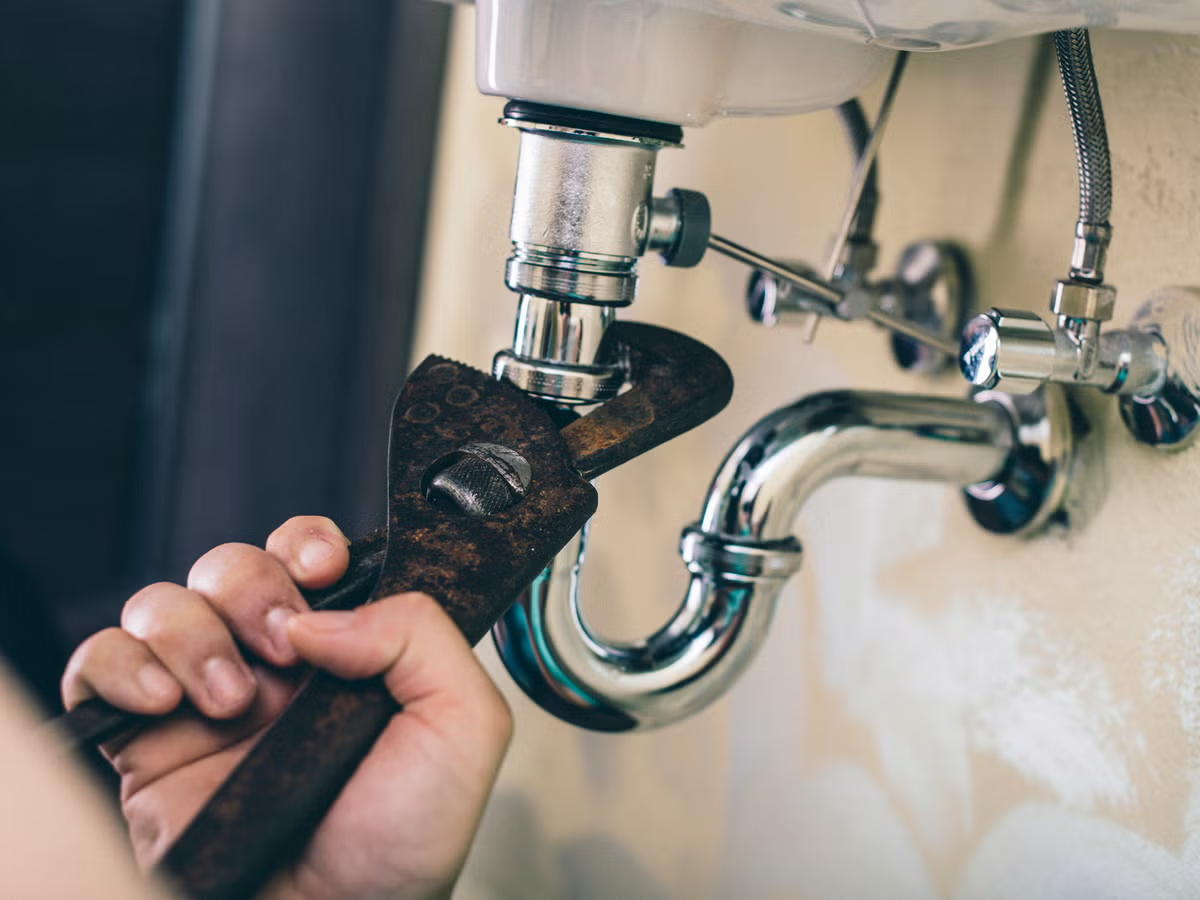Plumbing is the conveyance of fluids for a variety of purposes. The use of valves, pipes, tanks, and other plumbing apparatuses is vital to the field. However, it also involves many other areas. If you are interested in a career in this field, you should consider a Master’s degree in plumbing. There are many benefits to being a plumber. Here are a few: * You’ll learn about all the different types of water and gas lines.
Besides providing hygienic conditions, plumbing also provides comfort and beauty to people’s lives. As a strong economic engine, plumbing is a critical part of the global economy. By supplying clean water and removing waste materials, it has helped protect populations from disease throughout history. In fact, the safe, efficient distribution of clean water has probably saved more lives than any other medical advancement. Developed nations, such as India, rely on the services of plumbing professionals to maintain their sanitary systems.
In a home, plumbing can provide both water and drainage to the building. It’s not just about showers and toilets, however. All plumbing systems are connected to a system of pipes, which transport potable water and remove waste. Generally speaking, there are two types of pipes: sanitary and stormwater drainage. In a home, sanitary drainage systems handle waste water, while stormwater drainage systems collect and dispose of rainwater and sewerage.
While the NCC regulates the plumbing industry, the regulations are interpreted and administered by each state. The licensing and regulation of plumbing activities are done by local authorities. Most of the regulations for the industry are outdated, and some are based on outdated local policies from a decade ago. This is a major problem, but many of the laws are being updated. In addition, the licensing requirements of plumbers are becoming more comprehensive. There are a variety of other issues that can arise during the installation or maintenance of a residential or commercial plumbing system.
In a residential property, plumbing is the network of pipes that distribute and transport potable water. While these systems are often complicated, they are crucial to the functioning of a home. It provides safe, potable water, and is vital to a healthy environment. It’s also necessary for sanitation, which is why sanitary drainage is so important. During construction projects, the work of plumbers is essential. Regardless of the size of a residential or commercial building, a plumber is required to meet the regulations of the city or local jurisdiction.
In a commercial property, plumbing is necessary for maintaining the water supply system and installing water fixtures and pipes. These systems are essential for the proper functioning of a home. Having an adequate supply of potable water is vital to a building’s life. Without proper piping, no one can drink water or perform any other activity safely. If the pipes aren’t working properly, they may lead to a sewage mess. Fortunately, there are many options for residential and commercial plumbing




